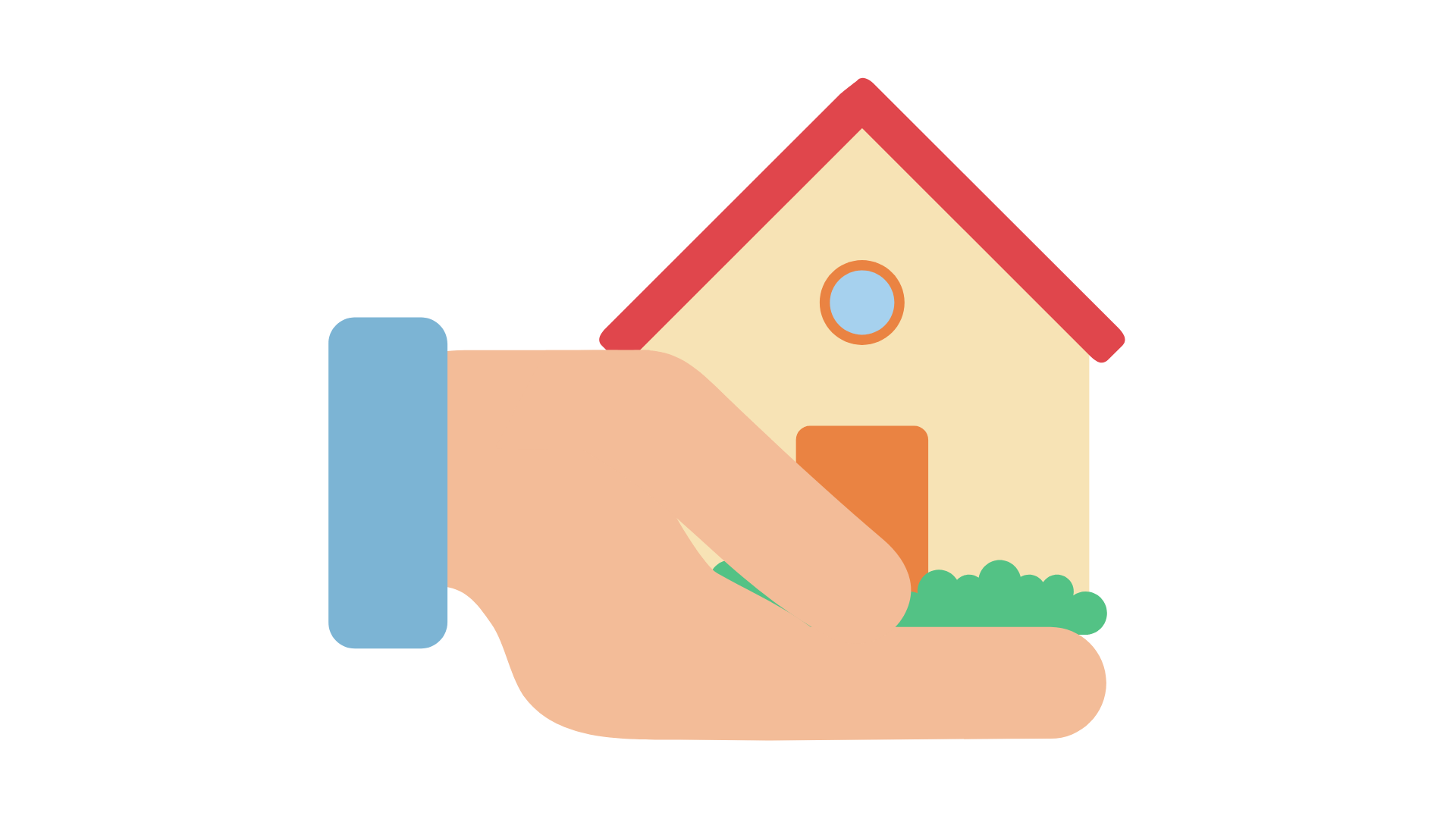
The housing market has been gaining strength in the last few years, and COVID-19 has only accelerated existing trends that were already on everyone’s radar. Retail footprint reductions and work-from-home changes have stopped many in their tracks to move to increasingly unaffordable cities. Home values have soared, buyer demand has increased, and many people are using the savings they’ve acquired after a year of quarantining to put away a down payment and finally get a mortgage on a home.
But the housing market is always changing, with different conditions in every city, state, and metro area. Estate agents and anyone working in the real estate sector always have their work cut out for them, as keeping up with these ebbing and flowing trends is no easy feat.
That’s why it’s more important than ever that investors, realtors, and property managers grow to adapt versatile real estate CRM software to effectively manage growth opportunities, minimise risks, and maximise revenues.
Real estate customer relationship management (CRM) technology is the ultimate tool for 21st-century real estate management. It’s pivotal for business growth and managing customer relationships.
Here we’ll go over exactly what makes using CRM software for real estate unique, and several practical ways to integrate CRM in managing customer relationships to run a successful real estate business.
Consider real estate customer relationship management (CRM) both as a strategy and software that real estate firms and real estate agents use to manage their businesses.
Real Estate CRM as a Strategy: As a strategy, real estate CRM software is a means through which realtors build, manage, and sustain meaningful and successful relationships with both leads and customers.
Real Estate CRM as a software: As a software, real estate CRM is an organised system that centrally stores sellers, business leads, and customer data. The information can contain details about prospective leads, new and existing customers. It can also be details about user interactive activities from lead generation channels, their personal information, communication, and purchase history.
Real estate CRM software is a central place for all business data. It keeps everything organised for easy access, anywhere, and anytime. Modern CRMs form insights to run successful real estate marketing campaigns and track returns on ad spend.
Realtors can manage their contracts and transactions, close deals, and overall, improve their productivity and attain efficiency.
With CRM software, realtors can obtain intelligible reporting that provides insights on business performance so they can monitor their business growth. They can also use insights to revamp their strategies for better results.
Capturing and classifying leads with a real estate CRM saves time through automated business processes. Realtors can make follow-ups on leads based on their priority.

The success and profitability of a real estate business depend on your relationships with leads, prospective, new, and current customers. A CRM makes this achievable for your entire team.
A real estate CRM software will help you understand the preferences of your customers and address their concerns appropriately and in time. It is effective for all players in the industrial, commercial, and residential property market.
Here are specific ways you can use a CRM to build better relationships with your customers, leads, and prospects using CRM software.
A CRM software will store and keep your information organised with one-click access. It helps manage huge amounts of data that could otherwise be bulky for established realtor businesses.
Your data may be minimal if you’re just starting out, but as the business thrives it will grow. Whatever the level of your real estate business, keeping your data organised and in a central place from your initial stages will keep you on track for growth.
Staying organised with CRM software will also ease the process of onboarding properties. You can set up customised standard property fields, making engagements with your leads and customers more effective.
A CRM software can analyse user activity based on their online interaction with your website, newsletters, or your ads. You will discover lead indicators on their actual interests and refine your approach when reaching out.
For instance, you may discover a group of users interested in your posts for commercial properties. Such information can guide you on the leads to contact for your commercial properties on sale.
Before you make a sale, your prospects will develop a level of trust with your business, and it takes time to establish this trust. A CRM software provides the right avenue to build that trust.
CRMs allow you to fast-track your customer relationships by avoiding a one-response-fits-all to your customers even if they are interested in the same property.
They work by keeping and providing details for each customer so you can better tailor your responses. And the best part is, everyone on your team can have access to these details if they have access to your CRM, so that no matter who your prospect is speaking to, they will appreciate that you took the time to understand their needs.
CRM software stores data centrally, allowing you to generate reports to track your performance to discover how well your business is doing.
Reports will help you discover the areas in which you are performing well so that you can capitalise on them as well as articulating the areas in which you could improve.
Through CRM software, you can use filters to create many kinds of reports based on your data selection. You can use this to visualise graphs for your team to better help you understand where the business is heading.
Successful real estate businesses depend on referrals and the overall strength of their networks. They also often have a wide array of contacts of professionals and service providers in the industry that they rely on, such as financiers like mortgage lenders, contractors, or cleaning agencies.
Some of your clients may need access to such services, and it will be a major plus for you if your clients can get more solutions through your leads.
Giving your customers referrals through your real estate CRM software to other service providers can help meet their needs. You’ll build better relationships with other businesses and keep growing your network as a result.
Without a CRM, keeping track of such a wide range of contacts and data is nearly impossible.
The versatility of a CRM software allows you to integrate other key functions that are absolutely necessary to run your business. CRMs also handle customer service tickets, social media, market automation, calendar scheduling, and email marketing. Such applications improve the efficiency of business within your team and the services you offer to your customers.
Here are some of the ways that these applications will be handy to your business:
Customer support: Using a CRM for customer support can enhance timely communication between your sales team, customer support team, and your customers.
Market automation: CRM software integrations have tools that can help you get important insights from your website or application about user interactions. As you understand the browsing behaviour of your users, you will learn about their interests and organise your marketing strategy geared at meeting their needs.
Appointment scheduling: Calendar integrations with tools like Google lets you set appointments with your contacts within a CRM software.
Email marketing: Segment your customers based on related data so you can send them relevant emails based on their interests.
Social media management: CRMs give you important insights regarding your audience interactions on social media. You can then use this information to run better marketing campaigns.
CRMs are an essential tool of the trade for every successful realtor. A CRM keeps all data centrally organised for convenient access. It provides insights about users’ activities to identify their interests so you can personalise your approach and focus on conversions.
The reports you generate from your CRM will provide you with the metrics you need to examine business progress. You can use the information to understand the needs of your customers and adjust your sales strategy to meet their needs.
We know that the real estate industry is extremely varied and unique, which is why our favourite CRM solutions are also just as varied.
Check out our solutions and drop us a line below so we can answer any questions you might have about what solution is perfect for you and your business.